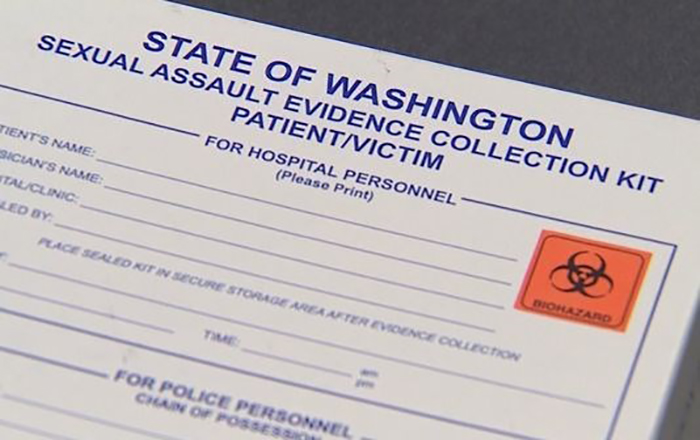Thanks to the work and leadership of many survivors of sexual assault in our state, the Legislature took action this year to make it easier for survivors to seek and achieve justice. I am grateful for the courage survivors demonstrated in telling their stories before the Senate Law & Justice Committee, and hopeful these new laws will empower victims and show them that their government wants justice for them.
Ending backlog of untested rape kits

More than 10,000 untested sexual assault kits currently languish in police custody, according to the Washington State Patrol. House Bill 1166 established a Survivor Bill of Rights, setting a firm deadline of December 2021 for the state to eliminate the backlog. Starting in 2022, the patrol will have 45 days to process any new rape kits. The bill will also require law enforcement to undergo specialized, trauma-informed training and prohibit the destruction of rape kits. This builds on legislation passed in 2015, which mandated testing of all current and backlogged rape kits and established the Sexual Assault Forensic Examination (SAFE) Legislative Task Force. In 2016, Washington became the first state in the nation to create an online statewide tracking system for survivors to check the testing status of a kit.
More time to report sexual assault
Our society is starting to recognize the major cultural shift that will be necessary to reduce sexual assault. During the legislative session, we heard from victims, prosecutors, public defenders and advocates about how our current statutes of limitation prevent justice from being done. For example, if an adult victim does not report a rape within one year, then prosecutors have only three years to bring charges.
Senate Bill 5649 eliminates the statutes of limitation for child rape and child sexual molestation, recognizing the reality that many of these survivors do not even appreciate what happened to them for decades. It also eliminates the distinction for reported and unreported sexual assaults on adults, and lengthens the statute of limitations to 20 years (for Rape 1 and 2) and 10 years (for Rape 3), giving survivors more time to process their experience and more control of the decision about how and when to seek justice. Finally, the bill will change the definition of Rape 3 to remove the requirement that a victim express a lack of consent. We had compelling testimony that some people simply freeze; their inability to object to sex should not be mistaken for consent.




